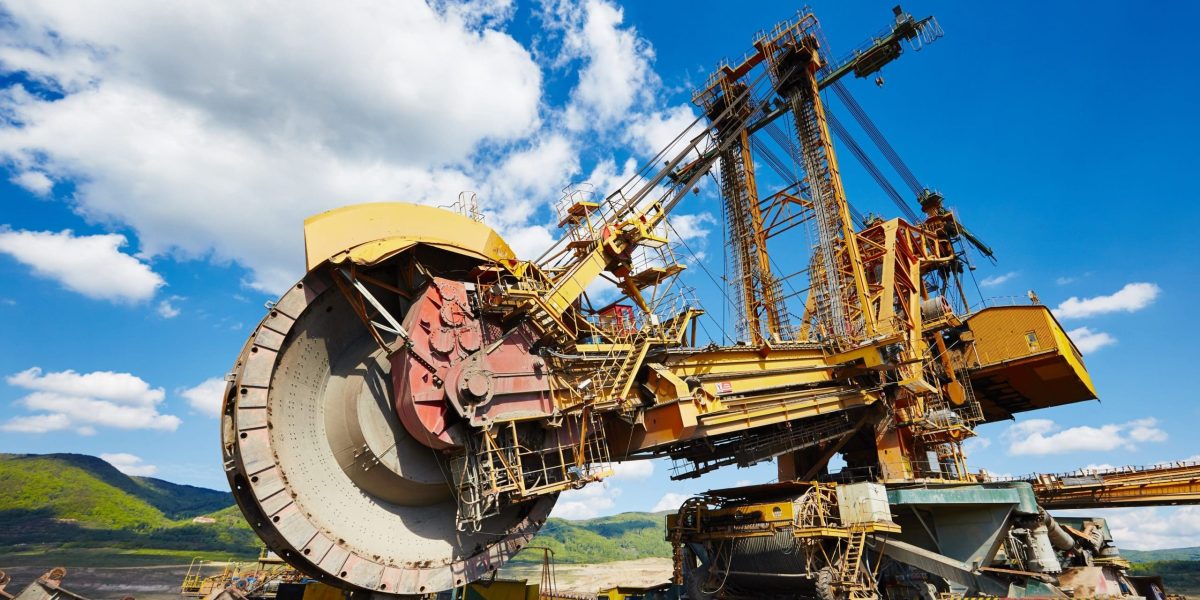Mining is a crucial industry for the extraction of valuable minerals and resources essential for modern technology and infrastructure. However, it is also associated with significant environmental impacts, including habitat destruction, water pollution, and air contamination. As the global demand for minerals continues to rise, the challenge of minimizing the environmental footprint of mining operations becomes increasingly important. Mine machinery factories play a pivotal role in addressing this challenge by developing and manufacturing equipment designed to reduce environmental impact.
Advancements in Technology
Mine machinery factories are at the forefront of technological advancements that contribute to more sustainable mining practices. Modern mining equipment is designed with enhanced efficiency and reduced emissions, addressing several key environmental concerns. For instance, the development of electric and hybrid mining trucks reduces reliance on diesel fuel, thereby decreasing greenhouse gas emissions and air pollutants. Additionally, advanced machinery often incorporates energy-efficient technologies, such as regenerative braking systems, which capture and reuse energy, further minimizing the environmental footprint.

Improved Resource Utilization
Effective resource utilization is another area where mine machinery factories have made significant contributions. Advanced drilling and excavation equipment improves the precision of resource extraction, minimizing the amount of waste material generated. High-efficiency ore processing machinery also ensures that a greater proportion of the mined material is converted into valuable products, reducing the volume of tailings and waste. JXSCMachine factory not only conserves natural resources but also reduces the need for extensive land disturbance and associated environmental impacts.
Water Management and Pollution Control
Water management is a critical aspect of reducing the environmental impact of mining operations. Mine machinery factories have developed sophisticated water treatment systems and equipment designed to manage and treat mining wastewater. These systems help prevent contaminants from entering local water sources, thus protecting aquatic ecosystems and ensuring that water used in mining processes is recycled and reused where possible. Additionally, dust suppression technologies, such as misting systems and vacuum-based systems, help reduce air pollution by capturing dust generated during mining operations.
Safety and Efficiency
Safety and operational efficiency are closely linked to environmental impact. Mine machinery factories design equipment with enhanced safety features, reducing the likelihood of accidents that can lead to environmental spills or other incidents. Moreover, more efficient machinery often results in fewer operational disruptions and less resource wastage, contributing to overall environmental sustainability.
Collaborative Efforts
The role of mine machinery factories extends beyond the development of equipment. Many factories collaborate with mining companies, environmental organizations, and regulatory bodies to ensure that their innovations align with environmental standards and best practices. This collaborative approach helps to drive continuous improvement in mining technology and practices, fostering a culture of sustainability within the industry and read more info at www.jxscmachine.com/fr/.
Mine machinery factories are integral to reducing the environmental impact of mining operations. Through advancements in technology, improved resource utilization, enhanced water management, and effective rehabilitation, these factories contribute to more sustainable mining practices. As the industry evolves, continued innovation and collaboration will be essential in addressing environmental challenges and ensuring that mining activities are conducted with minimal harm to the planet.